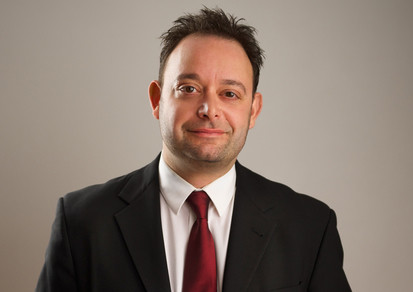Nakba to Washington: A wasted opportunity
For two weeks in June, Washington host a group of pro-Palestinian activists who have assembled an exhibit about the dispersion of the Palestinians during Israel’s War of Independence. The exhibit takes place under the auspices of the “Nakba Museum Project of Memory and Hope”— nakba is the Arabic word for catastrophe, which is how Palestinians and their supporters typically refer to the 1948 upheaval that accompanied the war launched against the nascent state of Israel by five Arab armies.
It’s a clever idea that requires a clever response. And that means looking closely at both the image and the message that the Nakba Museum is projecting.
The online publicity materials for the museum are decked out in autumnal tones and soft, inclusive language that is occasionally indecipherable. (How’s this for a sentence? — “The goal of each display or event will be to create a culture of listening and represent a non-contested space, through a simple invitation to witness.”)
Terms like “healing” and “reconciliation” are much in evidence. The brainchild of Bshara Nasser, a Palestinian from Bethlehem, and Sam Feigenbaum, an American Jew, the Nakba Museum is dedicated — they say — to building “hope for both Palestinians and Israelis that sharing the land is indeed possible.”
Conspicuous by its absence from the museum’s website is the lexicon of Palestinian solidarity —drearily familiar words like “boycott,” “apartheid,” “genocide,” and “war crimes.”
The Nakba, says the Museum, refers to “the mass expulsion of Palestinians from their homes in 1948 and represents a dark period in the Palestinian existence.” It then adds, “However, the Nakba is not just a singular event in the past, but an ongoing reality for all the Palestinians living under Israeli occupation.”

 44.0°,
Mostly Cloudy
44.0°,
Mostly Cloudy 




